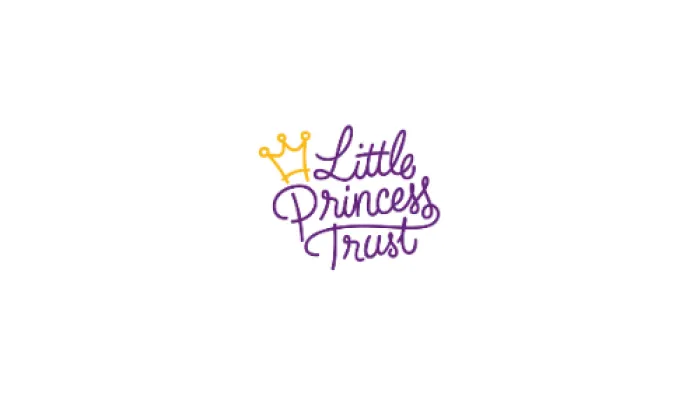Funded by the Little Princess Trust and administered by CCLG
Lead investigator: Prof Jonathan Bond, University College Dublin
Award: £237,805.62
Awarded May 2025
The challenge
While the current, toxic treatments can successfully cure most cases of leukaemia for most children and young people, these treatments do not work for everyone. Acute myeloid leukaemias (AMLs) are often resistant to standard chemotherapies, meaning that very intensive and even more toxic approaches are needed. AML is therefore most common cause of childhood blood cancer deaths, despite accounting for only around 15% of cases.
Aggressive AMLs often have mutations in a protein complex called ‘Polycomb Repressive Complex 2’ (PRC2), which normally controls what genes are turned on and off in the cell. These mutations cause the cancer cell to use very different metabolic processes to healthy cells. These PRC2 mutations affect at least 15% of all childhood AMLs, meaning that a substantial proportion of patients are affected. Treatments targeting PRC2’s strange metabolism could be able to target leukaemia cells specifically, while affecting normal cells less.
The project
Professor Jonathan Bond and Dr Marie-Claire Fitzgerald at University College Dublin aim to find out what makes PRC2-altered leukaemias different, in order to find better treatment strategies. The researchers have had promising results with chemicals targeting cancer cell metabolism in the lab, but now they need to find similar drugs that are safe for patients.
They’ll investigate the metabolic processes of PRC2-altered leukaemia in detail to uncover exactly what makes them different, and how these cancer cells behave in different situations. The results of this will help the team identify drugs that can interfere with PRC2-altered leukaemia metabolism. Any promising options will be tested thoroughly in the lab, both alone and in combination with existing treatments. The team will use pre-clinical models that will help speed up the translation of any promising treatments.
The impact
By targeting tumour metabolism and therefore sparing normal cells, this project focuses on an area that is very important to patients, families, and cancer care professionals. Prof Bond and Dr Fitzgerald hope that, by harnessing the metabolic Achilles’ heel of high-risk leukaemias, their work will lead to the development of better and kinder treatments for these aggressive blood cancers.

The Little Princess Trust
This project was funded by The Little Princess Trust. They fund research projects in partnership with CCLG, combining CCLG's research funding and grant management expertise with The Little Princess Trust's fantastic fundraising to support world-class scientific research.

